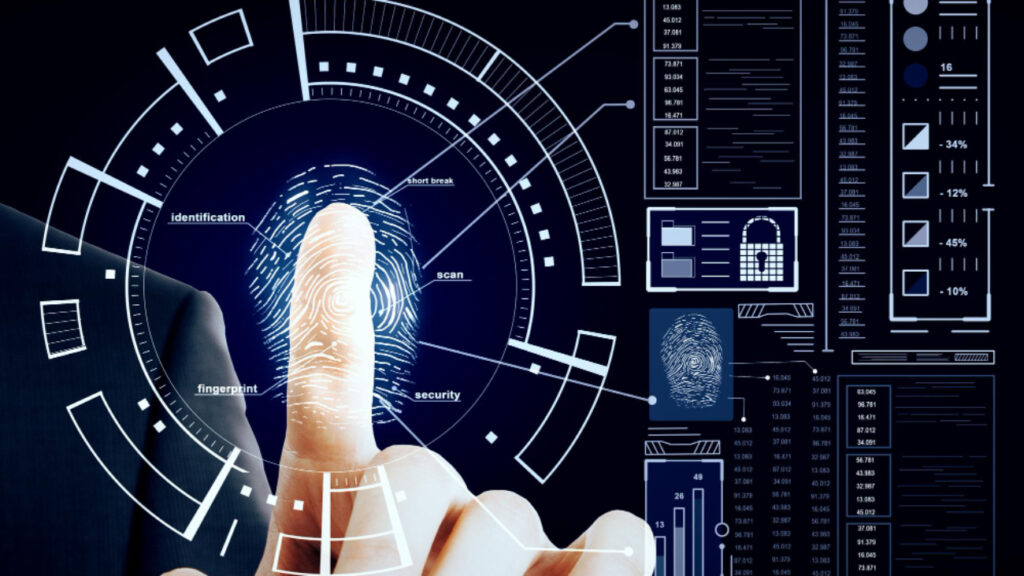For decades our personal data online has been vulnerable observed Bahaa Abdul Hadi. Passed between companies, stored on insecure servers and reused across services. This outdated system has caused Identity Theft to become all too common.
However, a new model is emerging called “identity ownership”, it means that people at last will achieve control over their digital identities. This is a turning point for how we exist online. Instead of bits and pieces of our lives scattered across different accounts that all require passwords, we become the owners our verified digital identities, backed by secure technology designed to protect privacy.
The Problem: Identity Theft in a Connected World
Traditional digital identity systems rely on centralized databases and account credentials—typically an email/password or social security number—which are easy to get at or steal. When these credentials are compromised, both the attacker has access into bank accounts as though they were the person itself and also use them to commit fraud.
Identity Theft is often due to:
- Data breaches from centralized systems
- Weak or reused passwords
- Phishing attacks and social engineering
The Solution: Owning Your Digital Identity
Identity ownership shifts the game. Don’t trust dozens of sites to keep your information secure; you own and hold your identity in a secure, verifiable form—often on your devices through a digital wallet.
It’s made possible with technologies such as:
- Decentralized Identifiers (DIDs)
- Verifiable Credentials issued by trusted entities (like governments or universities)
- Blockchain-based systems that do not rely on any single point of failure.
- Zero-knowledge proofs let you confirm things (like age or citizenship) without letting go of too much information.
Why Identity Ownership Matters
- You Control Your Data
Share only what’s necessary—whether it’s proving you’re over 18 or confirming your health status—without giving away everything else. - Reduce Risk of Theft
There’s no central database to hack. Your identity lives on your device, protected by encryption, biometrics, and multi-factor authentication. - Instant Verification, Anywhere
Whether applying for a job, accessing healthcare, or logging into services, verifiable credentials can be used globally and instantly. - Privacy by Design
Unlike surveillance-heavy systems that track behavior, identity ownership empowers users with transparency and consent.
Real-World Applications
- Digital Passports and National IDs: Countries like Estonia, India, and Singapore are leading the charge in providing secure, user-owned digital identity frameworks.
- Health Credentials: During COVID-19, digital vaccine passes showed how limited data sharing could support public health while respecting privacy.
- Job Applications and Education: Digital diplomas and certificates can be issued and verified instantly, reducing fraud and paperwork.
What Needs to Happen Next
To fully shift from identity theft to identity ownership, several real-world steps must take place—technologically, socially, and institutionally:
- Mainstream Integration: Big platforms—banks, social networks, healthcare systems—need to start accepting and supporting decentralized IDs and verifiable credentials. Adoption won’t grow unless people can use them in everyday life.
- Stronger Legal Frameworks: Clear data ownership laws and digital ID regulations must be put in place to protect user rights and ensure ethical use. Some countries are moving fast, while others lag behind.
Conclusion
The shift from identity theft to identity ownership is not just a technical innovation—it’s a philosophical and societal one. It puts you at the center of your digital life, restoring control, increasing privacy, and reducing the risk of fraud. As technology and regulation catch up, we’re moving toward an internet where your identity is no longer something to be stolen—it’s something you own. Thank you for your interest in Bahaa Abdul Hadi blogs. For more information, please visit www.bahaaabdulhadi.com.







